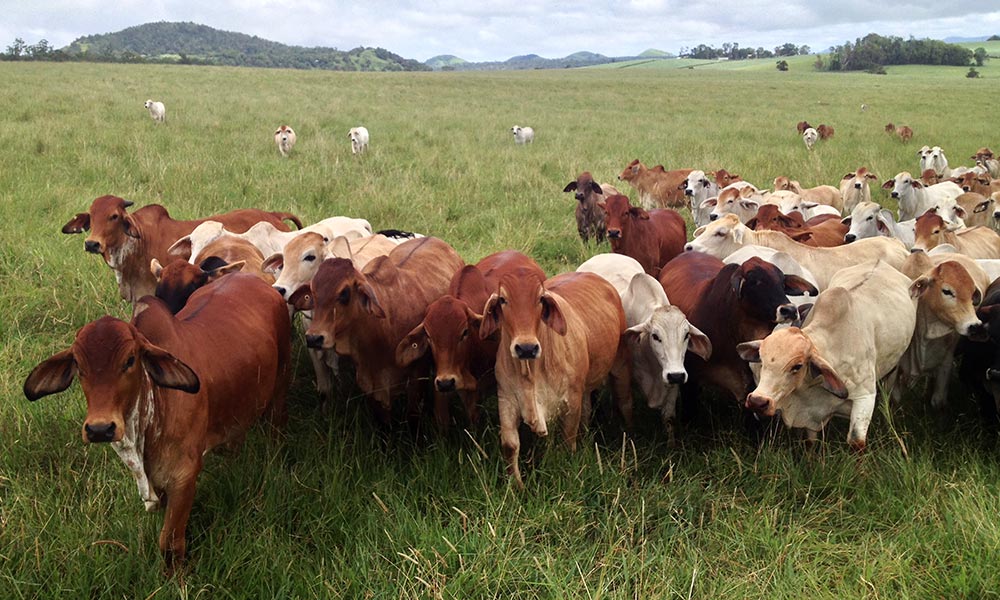



Article by: Hari Yellina
Beef processors said the government budget has delivered in a multitude of places for the meat supply chain as it recovers from the events of the previous two years. The Australian Meat Industry Council said the budget included cash pledges for apprenticeships and training, new enterprises, manufacturing and supply, traceability and biosecurity, trade and logistics, and other significant concerns for the meat supply chain. AMIC applauded the government’s increased funding on the new National Skills Agreement and a significant apprenticeship incentive scheme to help our industry deal with persistent labour shortages.
This includes:
“The Australian meat sector is dealing with a nationwide labour shortage of 5000 individuals at any given moment, which is having a huge impact on our meat supply chain,” stated AMIC CEO Patrick Hutchinson. The large financing for national skills training and apprenticeship programmes that are geared to help and create a trained, stable, and permanent workforce is welcomed by our business.
AMIC applauds the addition of $1 billion to the current $1.5 billion Modern Manufacturing Strategy, which includes an extra $750 million for the Modern Manufacturing Initiative and $200 million for the Regional Accelerator Program to increase supply chain resilience. Mr Hutchinson stated, “Increased investment in the Manufacturing Strategy demonstrates acknowledgement of the essential role of meat processing in providing food security and underpinning agricultural manufacturing.” “We’re looking forward to hearing more about the supply chain resilience investment and what it means for our sector.”
AMIC applauds $261.7 million in financing for the whole-of-government Simplified Trade System reform agenda, which will improve the worldwide competitiveness of Australian exports and make trade easier for nearly 200,000 Australian firms. “As Australia’s largest farm exporter, the meat sector continues to support DFAT’s work and the money made available to problems such as the execution of the Australia-UK FTA and modernising our export business through the Simplified Trade System reform agenda,” Mr Hutchinson said.
“We need to guarantee our supply chain operates smoothly at a time when demand for our exports is continuously increasing,” Mr Hutchinson added. The whole budget investment in port, rail, and road infrastructure will go towards assuring this, as long as everyone in our supply chain is moving in the same direction. Due to recent waterfront disputes, such investments may not be realised, which would be to Australia’s detriment. Any investment in infrastructure that benefits Australia’s largest agricultural exporter will always benefit Australia.